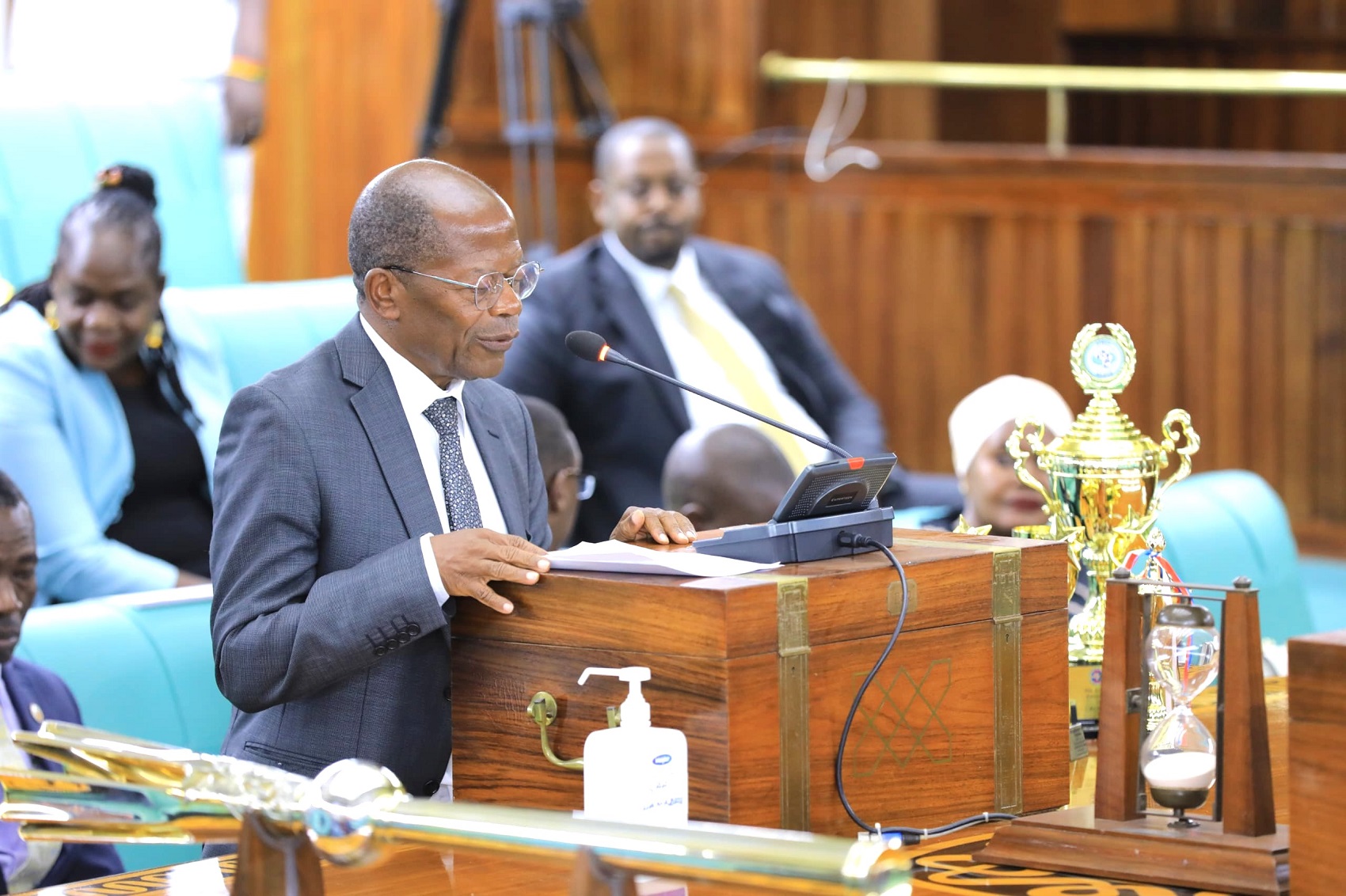KAMPALA, December 8, 2024 – Parliament has passed the Technical and Vocational Education and Training [ TVET ] Bill, 2024, which introduces significant reforms to Uganda’s vocational education sector.
Among the most important provisions is the merger of key regulatory bodies, rendering several existing boards redundant, a move aimed at streamlining governance and improving efficiency within the sector.
The boards dissolved include the Uganda Business, Technical and Examinations Board, the Uganda Allied Health Examinations Board, and the Uganda Nurses and Midwifery Examinations Board. Their functions will be absorbed by newly created entities under the TVET Council, which will now serve as the central authority for regulating and accrediting TVET institutions across the country.
The dissolution of these boards, as laid out in Clause 126 of the Bill, is expected to reduce redundancy and improve efficiency in the management of vocational education and training.
The move also aims to centralise control under a single body – the Uganda Vocational and Technical Assessment Board, which will oversee the new structure and harmonise the country’s vocational training systems.
In a report presented recently, and adopted by the House, the Committee on Education and Sports, led by its chairperson, James Kubeketerya, addressed governance lapses and institutional overlaps within the TVET system.
The committee highlighted how these issues had hindered the sector’s ability to meet the growing demand for skilled labour.
“The committee observes that clause 126[5] leaves the transition of the staff of the two boards to the determination of the minister and subject to availability of positions. This will render some staff unemployed and is thus unfair.
The committee further observes that the provision in clause 128[2] requires the Board to give a staff member the option to serve which is also unfair,” Kubeketerya said.
While the merging of these entities aims to reduce redundancy, the committee emphasised that it must be done with care to minimise disruptions for staff.
The TVET Council will now serve as the central authority responsible for accrediting TVET institutions and overseeing the entire sector.
However, the committee raised concerns over the overlap in functions between the National Council for Higher Education [NCHE] and the proposed TVET Council. Both bodies had similar responsibilities, which could lead to inefficiencies.
“The overlapping roles between the TVET Council and the NCHE risk creating delays, confusion, and inefficiencies. A unified framework is necessary to ensure institutions and learners benefit from a cohesive accreditation process.” Kubeketerya explained,
The committee also pointed out the lack of clear timelines in the Bill for accreditation processes and recommended that the TVET Council be required to process accreditation applications within six months and notify applicants within one month, ensuring that institutions and students are not left in uncertainty.
Furthermore, the report highlighted the importance of equity in governance. The committee noted that the current proposals for women’s representation in TVET governing bodies were insufficient.
“Women’s representation must go beyond tokenism. It should cut across all levels of governance, ensuring inclusivity and diverse perspectives,” Kubeketerya urged during the sitting chaired by Speaker of Parliament, Anita Among.
The Bill also grants the minister the power to transfer certain responsibilities to local governments, allowing them to regulate and license specific TVET providers at the local level. This decentralisation is expected to make TVET management more accessible and responsive to local needs.
During the debate, George Bhoka, the Obongi County MP, raised concerns about the inclusion of informal training institutions in the new regulatory framework, particularly given the widespread presence of presidential skilling centres that currently operate without minimum entry requirements.
“What will be the eligibility criteria for the informal training institutes, and on the area of certification, looking at the presidential skilling centres across the country where there is no minimum requirement for entry?” he asked.
Some members also questioned the creation of additional councils and agencies, fearing that the new TVET Council might overlap with the NCHE.
Kabula County MP Enos Asiimwe pointed out the potential redundancy of adding more leadership layers within the same sector.
“These are two councils that already need technical heads, here we are creating an executive head, we have an executive head for NCHE, and they are all under one sector,” he said.
Despite these concerns, the Bill passed with support from most members, and the House adopted the committee’s report. The report’s recommendations, including ensuring a fair transition for staff from merging boards and distributing responsibilities equitably, were also accepted.
https://thecooperator.news/arua-delayed-teachers-pay-blamed-for-poor-ple-results/
Buy your copy of thecooperator magazine from one of our country-wide vending points or an e-copy on emag.thecooperator.news
